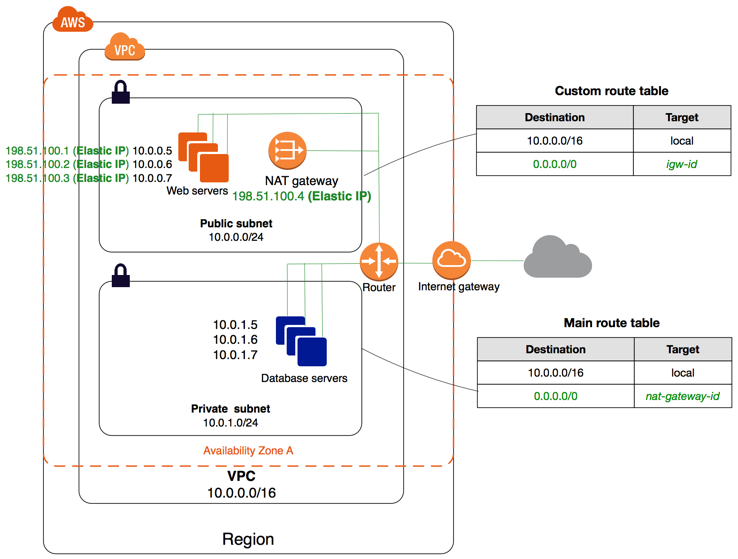Amazon Web Services (AWS) provides a robust set of networking services that enable organizations to establish reliable connections, design intricate architectures, and optimize network performance. Here, we explore the major networking services offered by AWS, that help in building a resilient and efficient network in the cloud.
Amazon Virtual Private Cloud (VPC): Amazon VPC acts as the private network within the AWS cloud. It allows us to create isolated virtual networks with complete control over IP addressing, subnets, route tables, and network gateways. With VPC, we can design and customize our network topology, ensuring secure communication between resources and enabling seamless connectivity to on-premises infrastructure via VPS on AWS Direct Connect.

AWS Direct Connect: AWS Direct Connect establishes a dedicated network connection between our on-premises data center and AWS. By bypassing the public internet, Direct Connect offers improved network performance, reduced latency, and increased security. It enables us to establish private connectivity to our VPCs, helping us achieve low-latency access to AWS resources and facilitating data transfer without the need for public internet exposure.
Elastic Load Balancing (ELB): Elastic Load Balancing distributes incoming traffic across multiple instance or containers to ensure high availability and fault tolerance. AWS offers three types of ELB as Application Load Balancer for http/https traffic, Network Load Balancer for TCP/UDP traffic and Classic Load Balancer for both. ELB automatically scales and redirects traffic based on health checks and distributes the workload evenly, improving the performance and resiliency of our applications.
AWS Route 53: AWS Route 53 is a highly scalable and reliable domain name system (DNS) web service. It translates domain names into IP addresses, allowing users to access resources within our network. It also integrates with other AWS services, simplifying the management of DNS records.
AWS Transit Gateway: AWS Transit Gateway simplifies network connectivity between VPCs, on-premises data centers, and remote offices. It acts as a hub, allowing us to consolidate all our network connections and routing into a single gateway. With Transit Gateway, we can centrally manage network routing and implement advanced security controls, simplifying network architecture and reducing operational complexity.
AWS Private Link: AWS PrivateLink provides secure and private connectivity between VPCs and AWS services or third-party SaaS applications. It allows us to access services without exposing them to the public internet, enhancing security and compliance.
Networking in the AWS cloud plays a critical role in building a secure, scalable, and high-performance infrastructure. By leveraging AWS networking services such as Amazon VPC, AWS Direct Connect, Elastic Load Balancing, AWS Route 53, AWS Transit Gateway, and AWS PrivateLink, organizations can create robust network architectures that facilitate seamless connectivity, optimize resource utilization, and enhance the overall user experience.

Leave a Reply